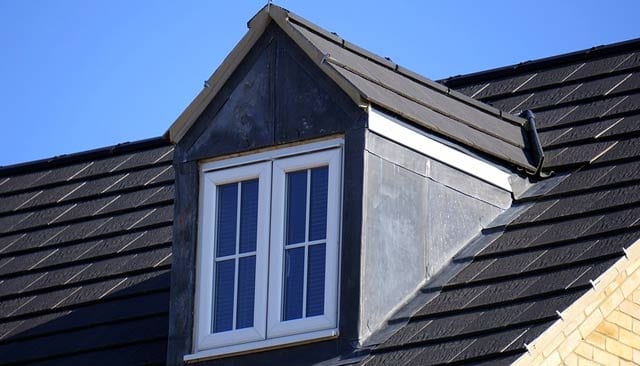Request Your Free Satellite Roof Estimate Today!
Helping you to save time and money
We offer two easy ways to receive a free, no-obligation inspection:
Satellite Estimate
Using satellite technology, we can provide a measurement report and comprehensive roof quote, providing you with privacy and efficiency.
Conventional Estimate
For that personal touch, Schedule an onsite visit for a roof inspection and comprehensive quote for your project.
Thing To Consider For Roof Replacement
Important Things To Consider Before A Roof Replacement
Roofing projects are notorious for being expensive, disruptive, and time-consuming. If you are thinking about replacing your roof, there are some important things that you need to consider first. Take the following factors into account when deciding whether or not to go through with a re-roofing project.

Consider:
1. The Age of Your Roof
If your roof is relatively new, you may not need to replace it altogether, even if it is experiencing problems. Instead, you may be able to get by making repairs to a specific section rather than replacing the whole thing. This can save you a lot of money while at the same time minimizing any roofing-related noise or disruptions. The roofing materials that were used on your home play a key role in how long your roof will last. For instance, asphalt shingles usually have a lifespan of somewhere in the 20 to 25 years range. Metal roofs, on the other hand, can last 50 years or longer. Find out how long the materials used on your roof are rated for. Then, determine when your roof was installed. If your roof is relatively new compared to the overall life of the materials, you may want to contact a roofing repair company(Link to https://armorservices.com/roofing-cincinnati/ ) to fix any problem areas rather than having a brand-new roof installed.
2. The Condition of Your Roof
As was previously mentioned, the age of your roof is an important consideration. Perhaps even more important, however, is the condition of your roof. Even if your roof is relatively new, it may need to be replaced if it is showing premature signs of wear. Extreme weather conditions, poor quality materials, and other problems can cause roofs to wear out more quickly than they should. You should visually inspect your roof or hire someone to do it for you, looking for signs of wear. Any cracks, curled shingles, missing granules, moss, or other problems could indicate that a roof replacement is in order. This is particularly true if the problems cover a large percentage of your roof. If you are having trouble determining the overall condition of your roof, consider hiring a roofing contractor to inspect it. They can give you advice on whether you can get by with simple repairs or whether you need to replace the entire thing. Don’t forget to check the condition of the underlying roof deck, as well. If any water has leaked underneath your roofing materials, it can damage the underlying structure. In this case, replacing your roof is a much better option than repairing it since it will allow you to repair any hidden damage that has occurred.
3. Your Roofing Materials
If you do decide to replace your roof, you should explore the various roofing materials that are currently available. Asphalt shingles are by far the most popular. They not only are inexpensive and reliable but they also come in a range of colors, making it easy to match them to the exterior of your home. If you want a roof that will last a little bit longer, consider going with something like metal. Metal roofs are extremely durable, making them a great investment. In fact, metal roofs often last 50 years or longer. That means that you may only need to replace your roof once in your lifetime. Other options that you may want to consider include slate or tile. These materials tend to be heavier than other options. As a result, you may need to stabilize the structure of your home before using them to ensure that it is strong enough to support the extra weight that they add to your roof.
4. Your Local Weather Conditions
Your local climate plays a key role in determining which roofing materials are best for your area. For instance, if you live in an extremely hot desert climate, you may want to go with something like metal. Not only can metal roofing materials withstand the heat but they also do a great job of reflecting the sun – particularly if they are coated with white paint. This can help keep your home cooler. Dark asphalt shingles, on the other hand, tend to absorb heat from the sun, heating up your entire property and making it more difficult to cool. If you live in an area where severe storms like hurricanes are common, you should choose a roofing material that is capable of withstanding high winds. If you live in an area like the Pacific Northwest, on the other hand, you should look for roofing materials that are unlikely to leak, even when exposed to long periods of heavy rain.
Before going through with a roof replacement, be sure to consider all of these factors. Once you iron out all of the details, you can look for a qualified roofing contractor to help you complete the project and a safe, timely, and affordable manner.
